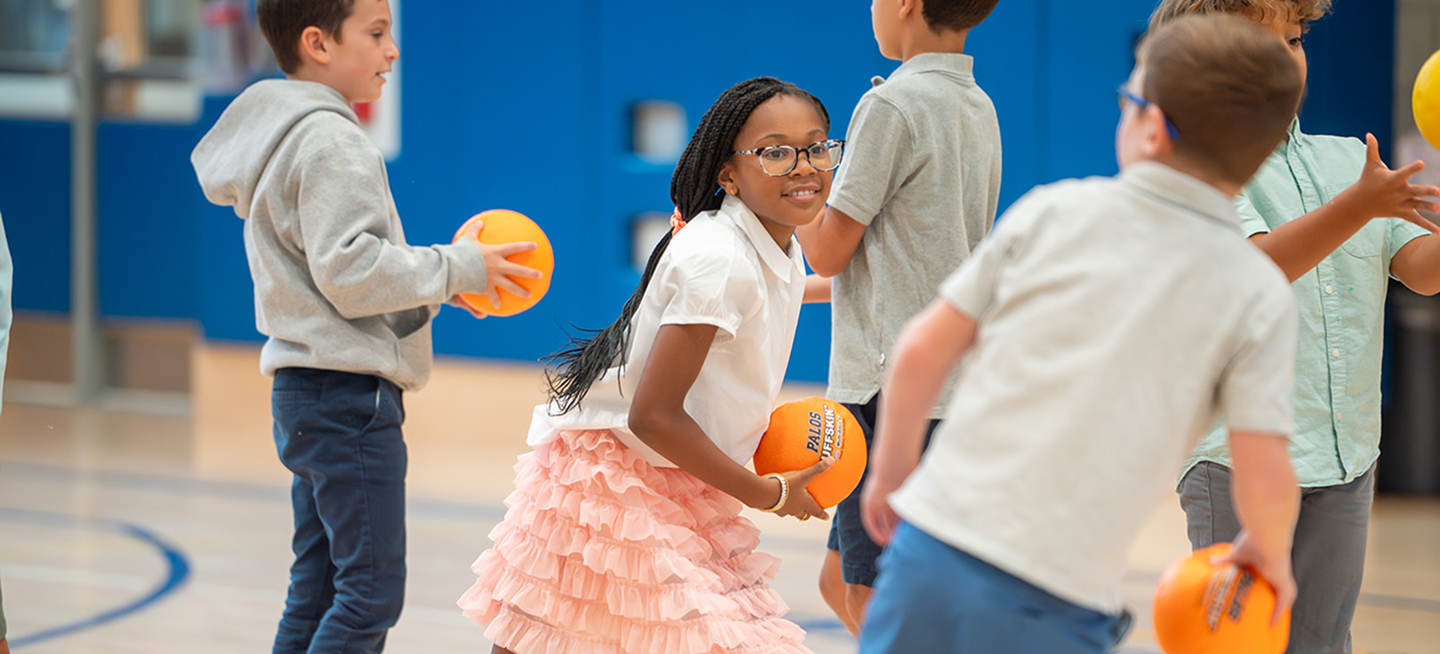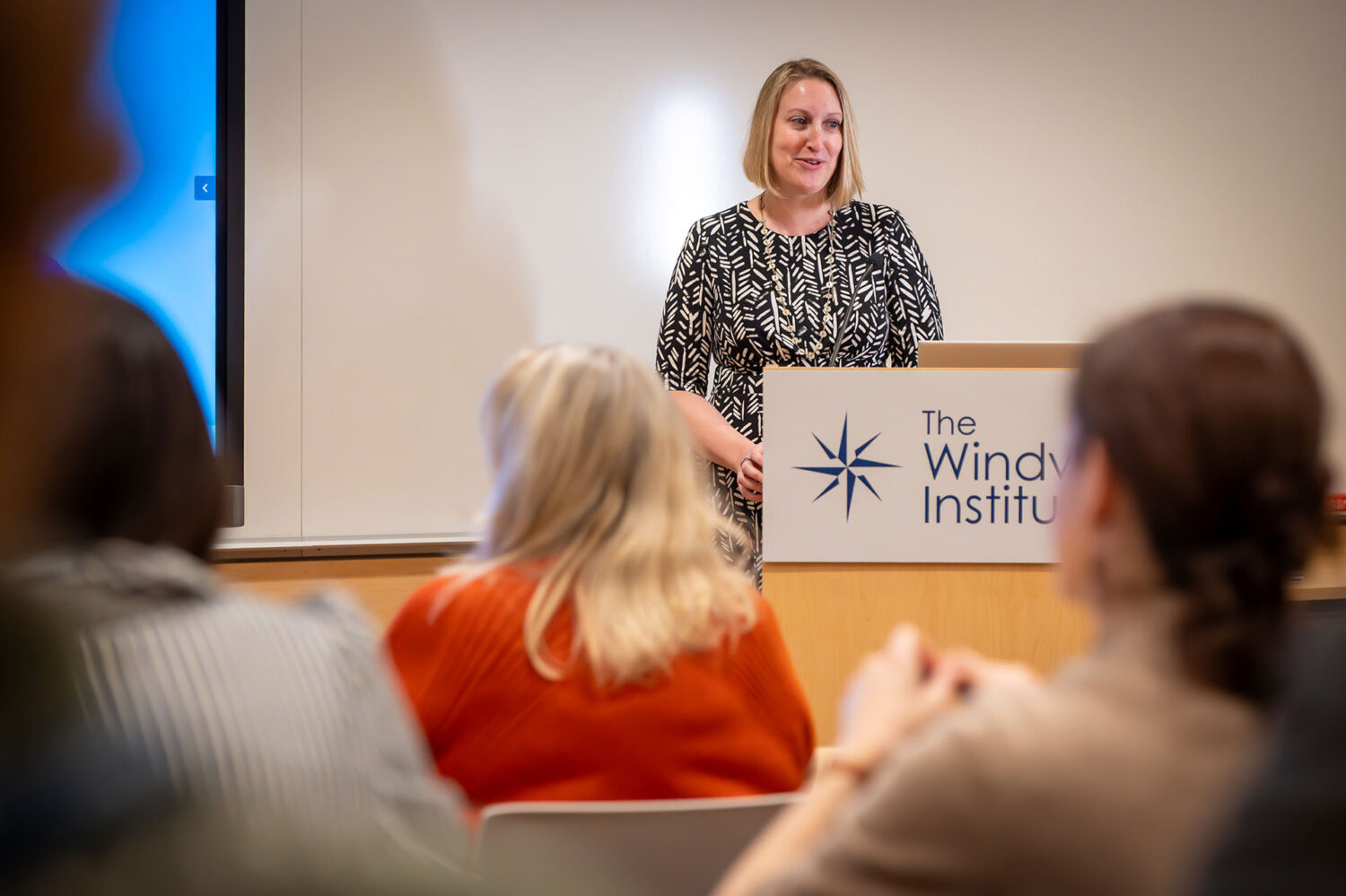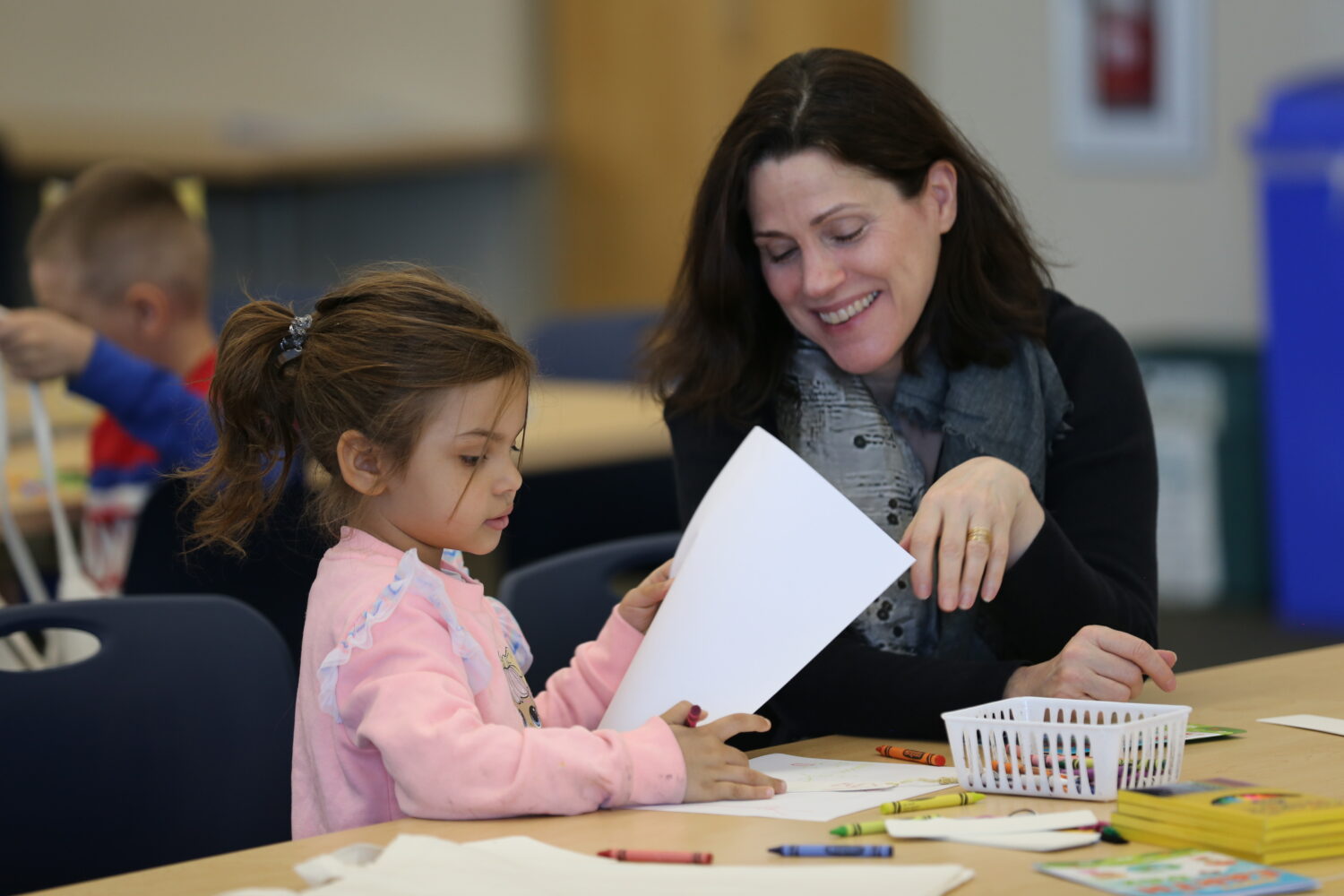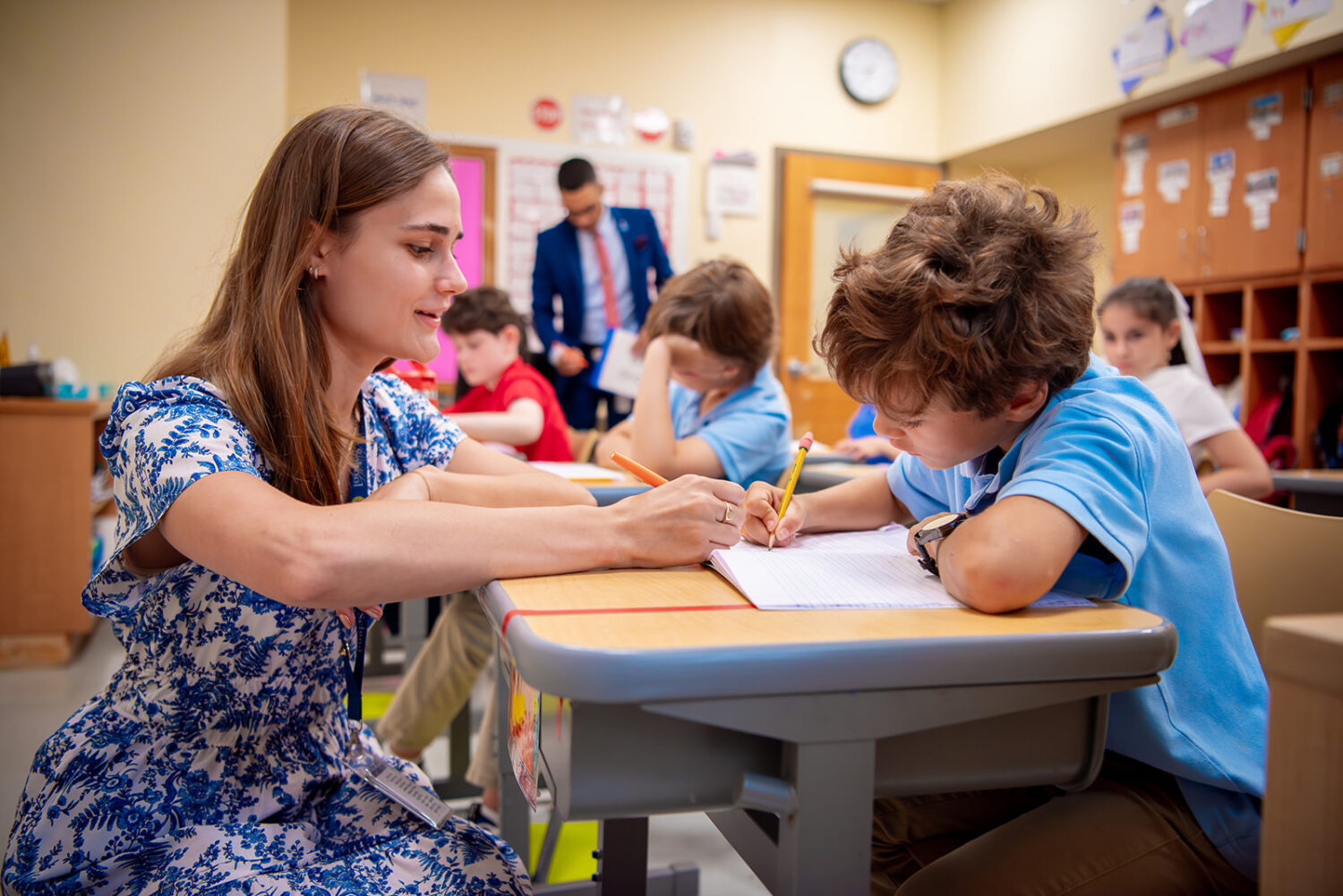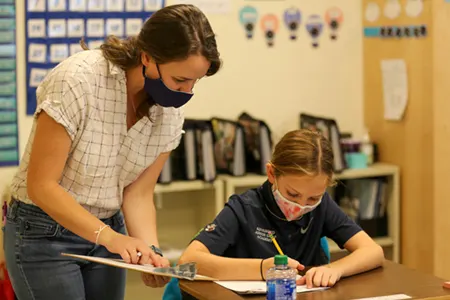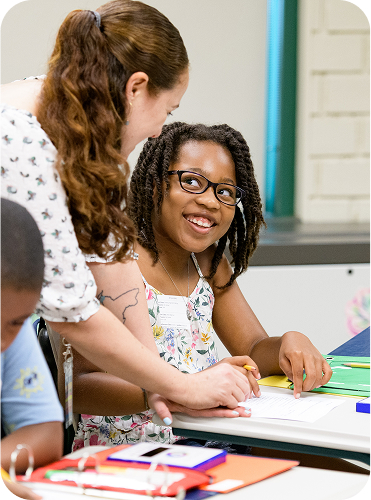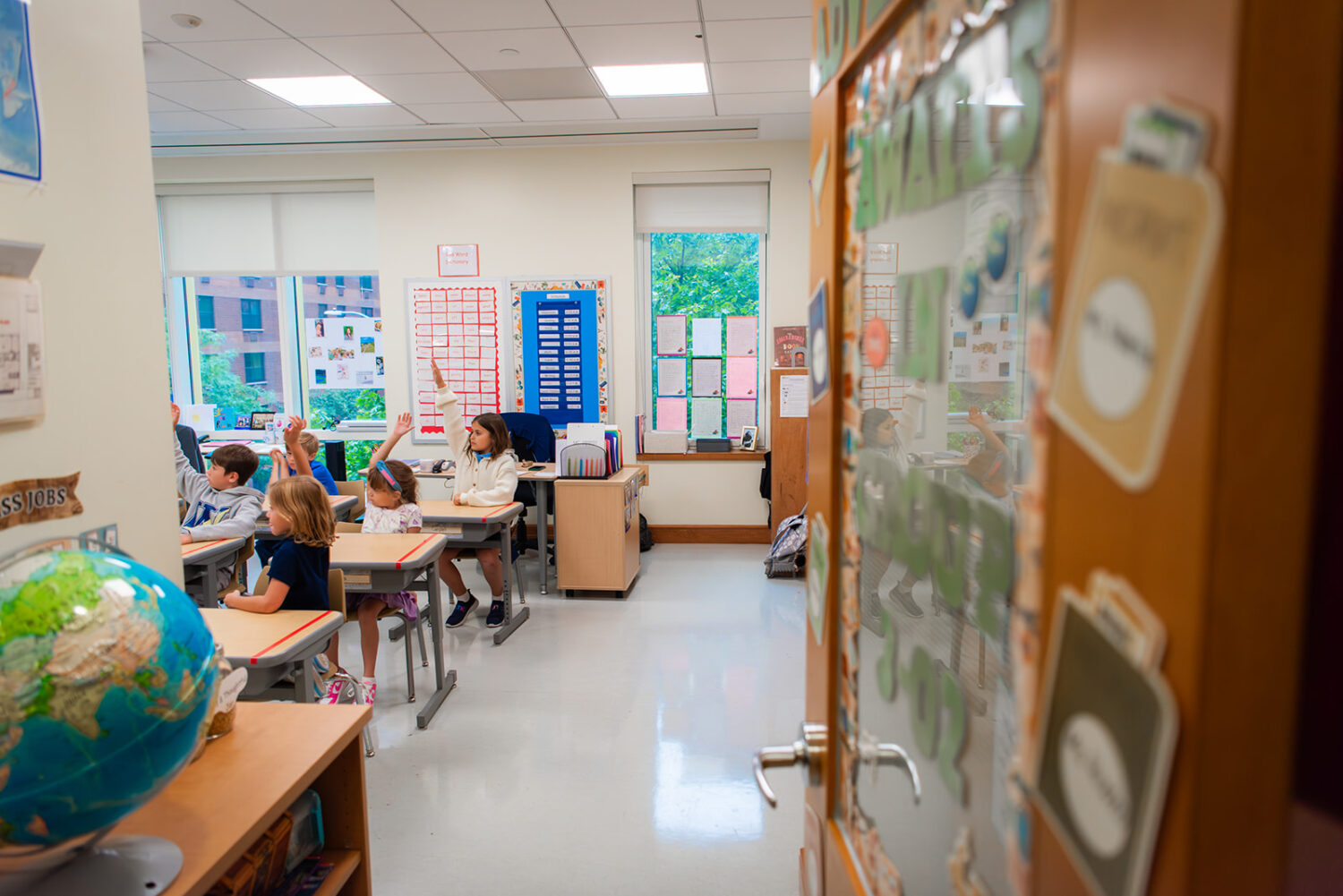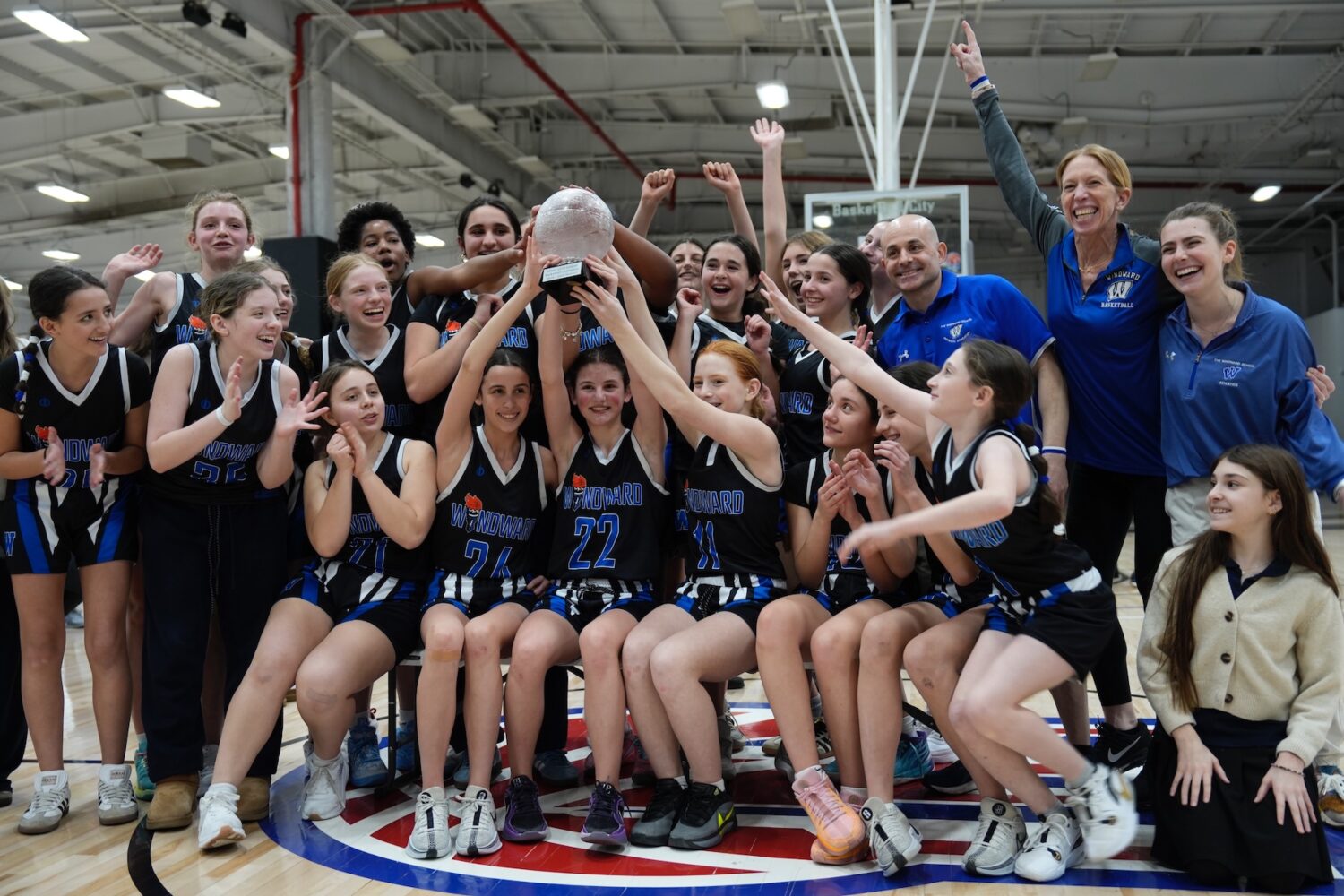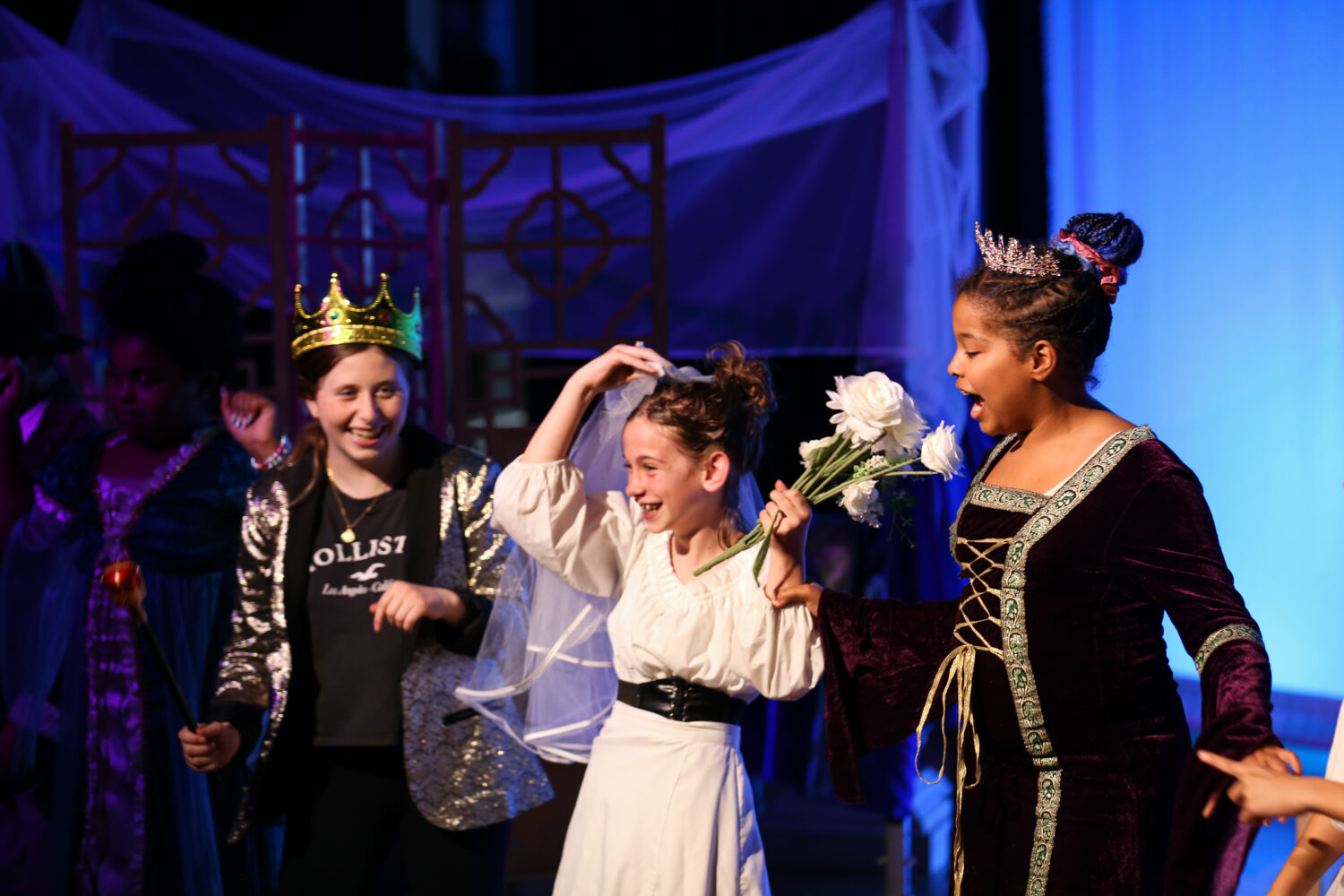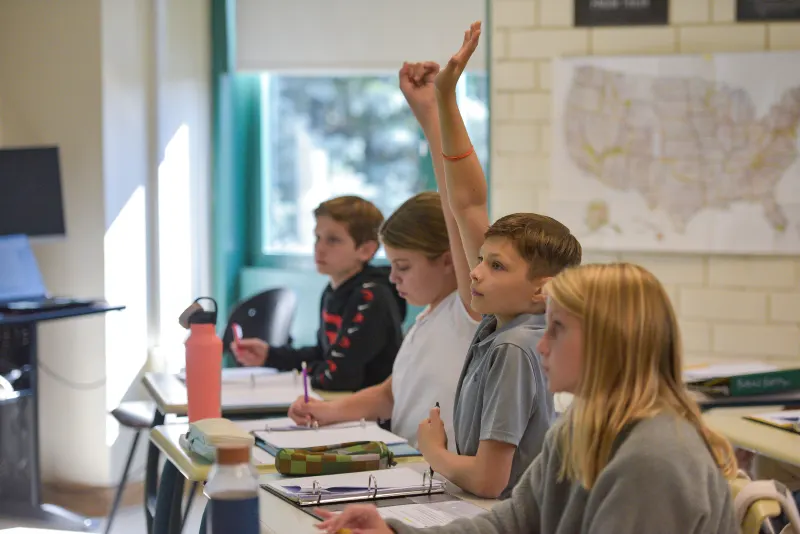
Evidence-Based Instruction
Structured Literacy
The foundation of the language arts program is its evidence-based curriculum, which includes instruction in phonemic awareness, accuracy, fluency, vocabulary development, and reading comprehension. In all language arts classes, students are grouped within their grade according to their level of skill development.
The Windward School uses the PAF Program for reading and spelling, a multisensory Orton-Gillingham-based program by Phyllis Bertin and Eileen Perlman. Reading and writing are taught with a strong emphasis on language competence, skill development, and cognitive strategy.
The foundation
Reading
Emerging readers of any age at The Windward School complete the beginning sequence of the PAF Program. Decoding instruction is continued through The Windward Reading Program. The Windward School Reading Program integrates reading, spelling, and handwriting into cohesive and carefully sequenced lessons, with an emphasis on word knowledge, expanding background knowledge, and developing comprehension strategies. Students are introduced to trade books and other high interest reading materials in a curriculum carefully designed to match the students’ decoding levels and language needs.
A focus on developing vocabulary, word retrieval skills, and grammar competence helps promote accurate comprehension, as well as students’ receptive and expressive language abilities. Teachers use a variety of organizational language strategies to help students summarize, paraphrase, store, and recall important information in both oral and written activities.
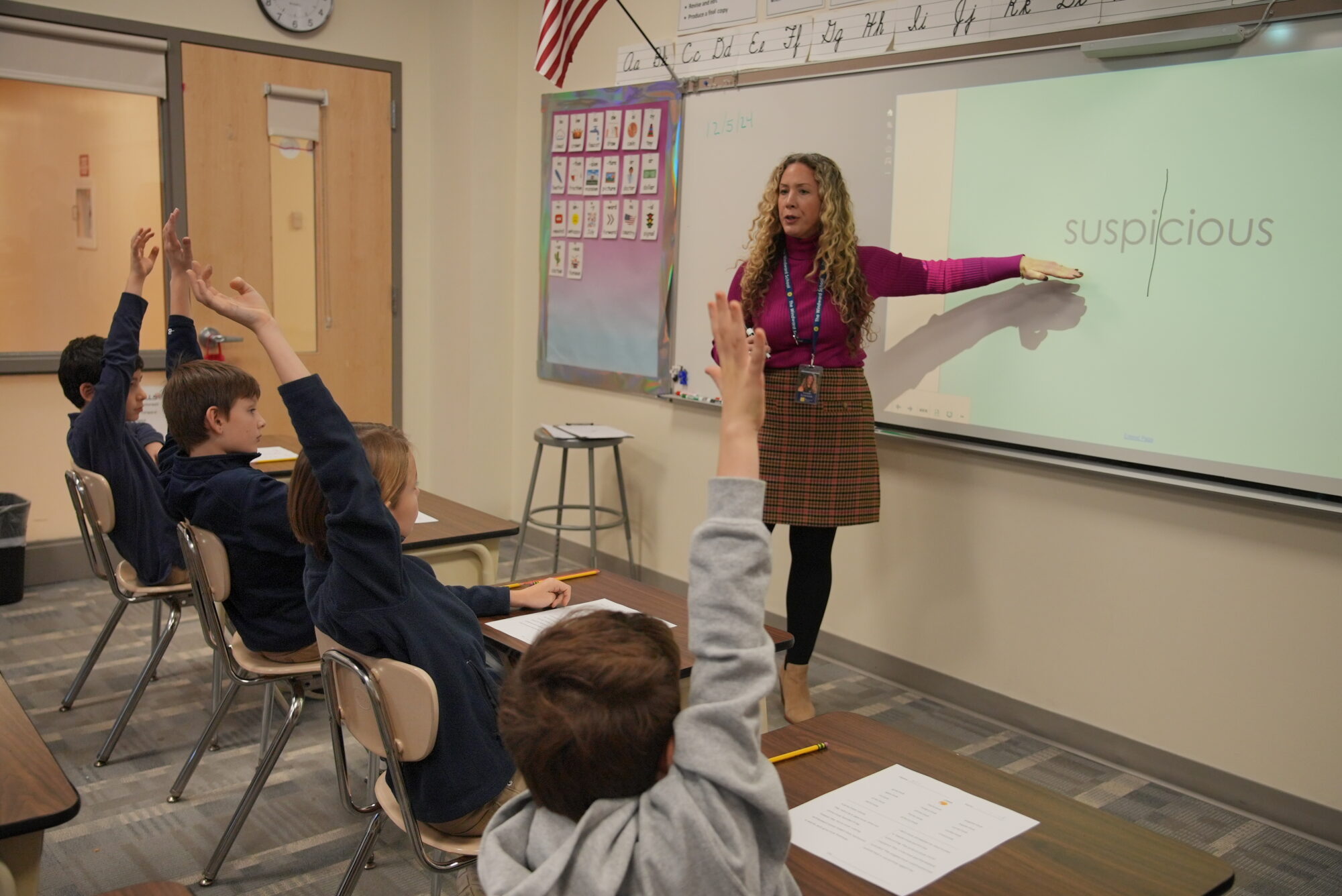
Building blocks for academic success
Writing
The Windward Expository Writing Program reinforces fundamental reading competencies and promotes clear and effective written and oral communication. The writing program teaches students to express themselves in written form through explicit instruction in writing sentences, paragraphs, and compositions.
The reading, writing, and library programs lay the foundation for the Study Skills class—part of the eighth- and ninth-grade curricula—that systematically instructs students in all the skills needed for preparing a formal research paper. While all eighth- and ninth-grade students take part in the Study Skills course, the foundational skills for the program begin in third grade. The skills taught include note taking, paraphrasing, summarizing, outlining, organizing assignments, library research, writing, and time management.
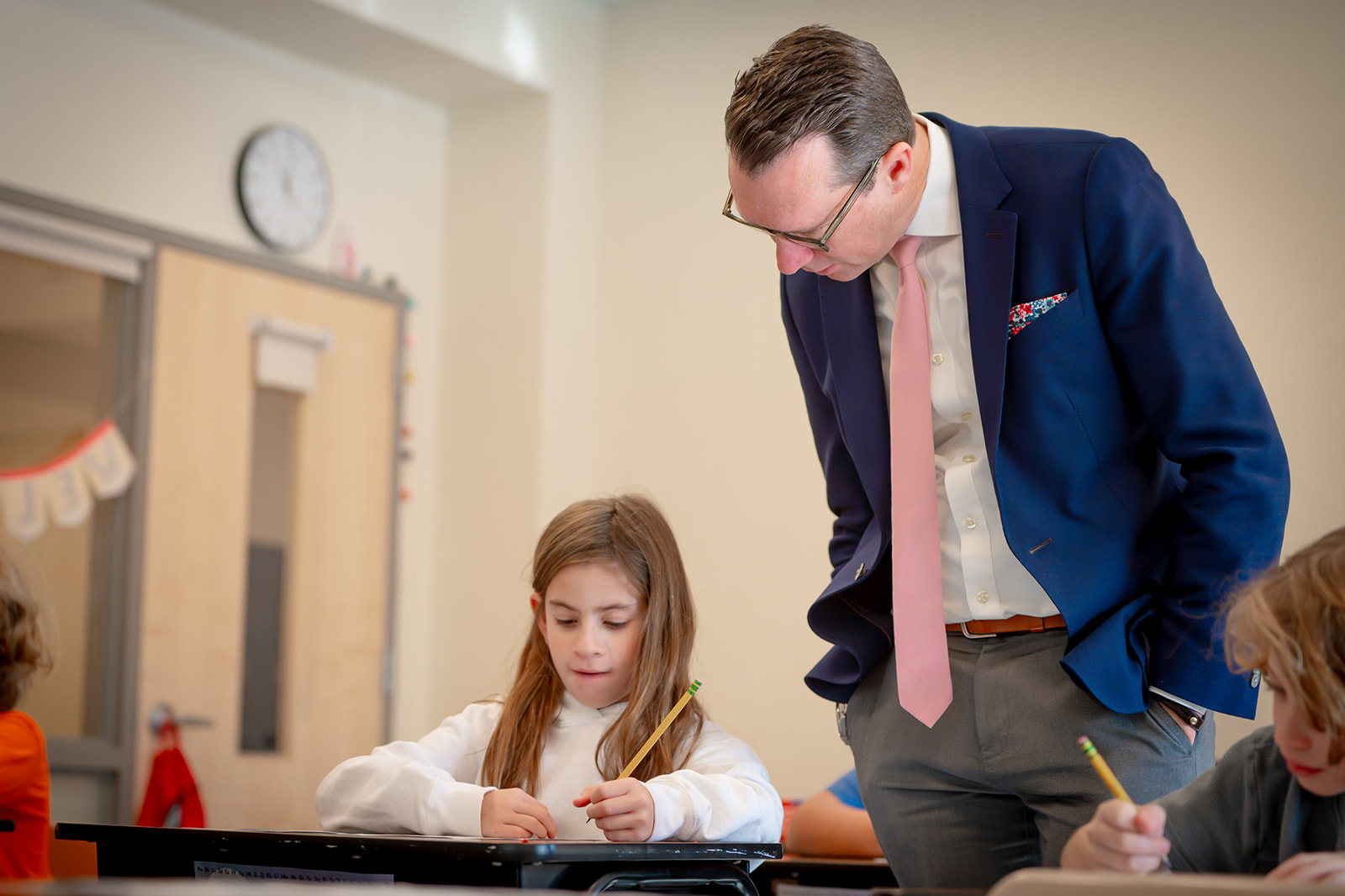
WINDWARD IN THEIR WORDS
EXTENDING OUR MISSION BEYOND THE CLASSROOM
Our Education Programs
The Windward Institute is dedicated to improving education and advancing literacy for all students by empowering educators and professionals with the knowledge and resources they need. The Institute extends Windward’s mission beyond the classroom to make a broader impact on the community.



